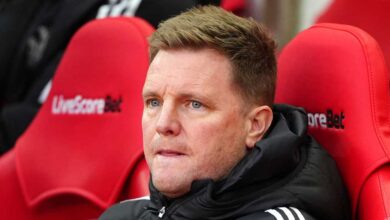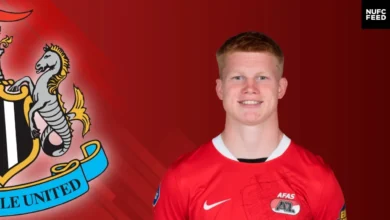Newcastle Owners PIF Reverse Course in £820m Deal Talks Likely to Spark Controversy at Premier League HQ
When the Premier League’s Legal Team Approved PIF’s Newcastle Takeover, It Signaled a New Era for Tyneside and Global Football.
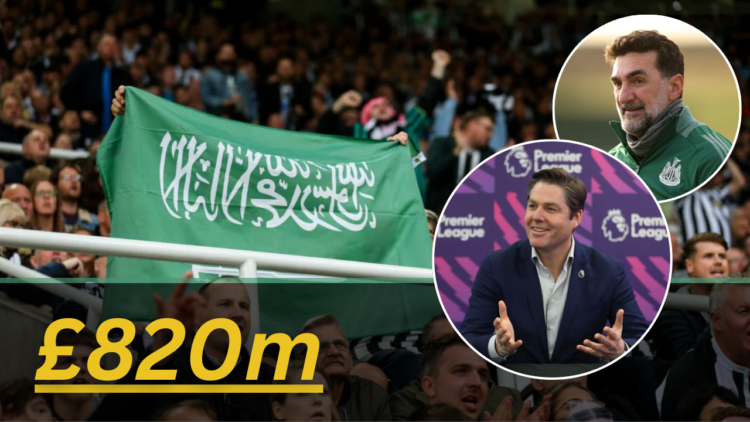
Since the establishment of their enclave in Saudi Arabia’s northeast, the Public Investment Fund (PIF) has turned Newcastle United into a focal point of global discourse in geopolitics.
Football has long been a tool for the ultra-wealthy and powerful to exercise cultural influence, but the entrance of sovereign wealth funds with opaque, strategic goals introduces an unprecedented dynamic.
PIF insists they manage Newcastle United as they would any other business. However, this claim seems dubious.
With assets valued at approximately £750 billion, PIF oversees a portfolio in which Newcastle, a football club with an annual turnover of £250-300 million during good years, ranks among their smallest revenue-generating ventures.
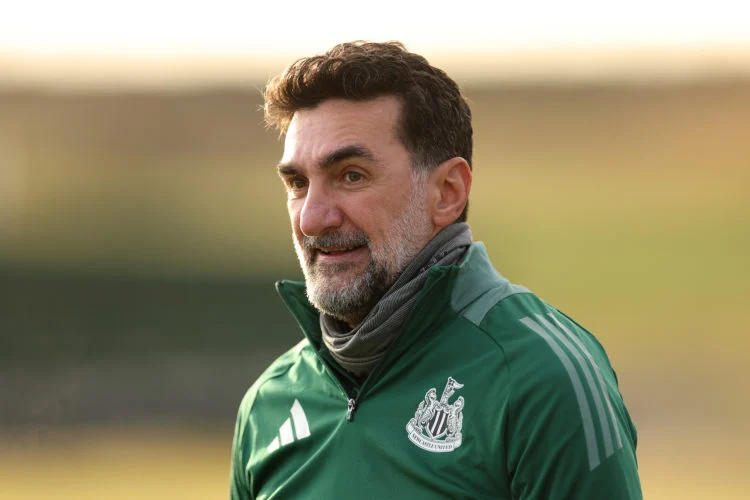
The involvement of PIF governor Yasir Al-Rumayyan in the day-to-day operations of such a relatively minor asset is highly unusual.
Even more extraordinary was the involvement of Saudi Crown Prince Mohammed bin Salman, who lobbied the UK government to influence the Premier League’s approval of the takeover.
This raises a fundamental question: why has PIF invested in Newcastle United, and what do they aim to achieve at St. James’ Park in the long run?
The motivations appear to encompass power, influence, and a degree of sportswashing.
However, according to Simon Chadwick, Professor of Sport and Geopolitical Economy at Skema Business School, the Newcastle project isn’t purely a vanity initiative to polish Saudi Arabia’s global image.
Indeed, Newcastle’s chairman, Yasir Al-Rumayyan, has leveraged the club’s prominence to forge significant connections, including discussions with Donald Trump regarding a merger between PIF’s LIV Golf and the PGA Tour.
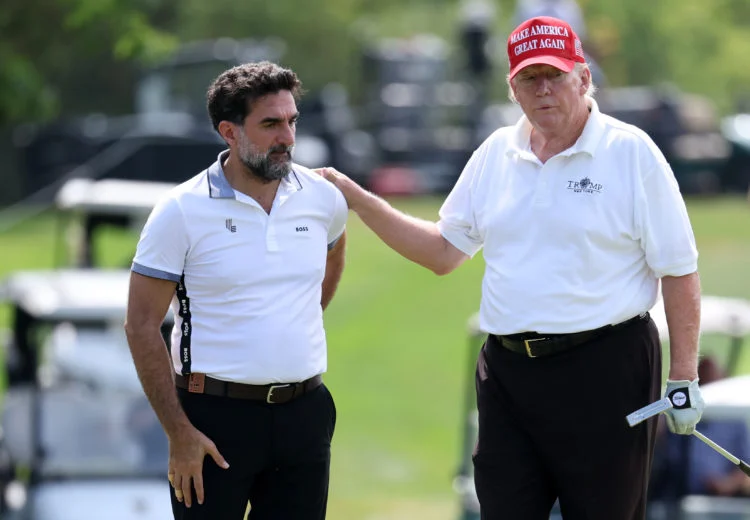
The symbolism of Al-Rumayyan seated alongside Trump and UFC CEO Dana White at UFC 309 underscores the power of sport as a nexus for influence.
Nevertheless, Chadwick suggests that PIF’s involvement with Newcastle transcends cultural diplomacy or vanity.
“The smash-and-grab mentality seen at Paris Saint-Germain or Manchester City is not evident at Newcastle,” Chadwick observed last year when rumors suggested PIF’s interest in the club might be waning.
“Just examine the methodical development of Newcastle’s commercial operations.
The experts they’ve hired have strong credentials in their respective areas. It’s evident that Saudi Arabia acquired Newcastle as an investment asset rather than a vanity project. If a point arises where they need to sell, they will.”
However, PIF’s ambitions face constraints imposed by the Premier League, particularly through Profitability and Sustainability Rules (PSR) and Associated Party Transaction (APT) regulations.
These rules serve as barriers to growth, a stark contrast to the unfettered environment in Saudi Arabia’s Pro League or their bid to host the 2034 FIFA World Cup.
Despite these limitations, the world of football finance remains dynamic, and PIF continues to explore new avenues to enhance its influence.
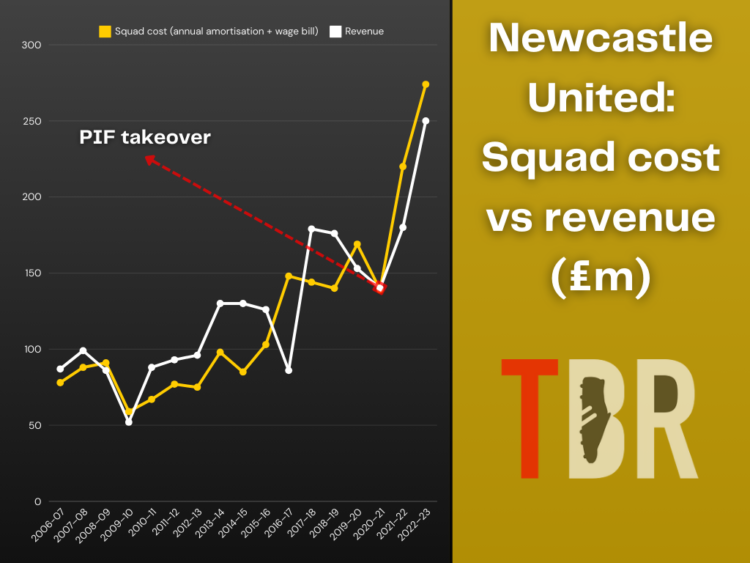
One such avenue involves PIF’s ongoing negotiations to acquire a stake in DAZN, a broadcaster of Premier League matches in Spain and Portugal, in a deal reportedly worth £820 million.
Should this deal materialize, it would signal a significant shift in PIF’s approach to the Premier League, amplifying their influence within the sport.
Interestingly, this development aligns with predictions made by Kieran Maguire, a football finance lecturer at Liverpool University, who speculated that PIF could eventually pursue broadcasting rights.
The potential acquisition of a minority stake in DAZN, which also holds media rights for the 2025 FIFA Club World Cup, is emblematic of football’s increasingly interconnected business ecosystem.
For example, Comcast, the parent company of the Premier League’s main broadcaster Sky Sports, also funds Atairos, a private equity firm holding a 31.1% stake in Aston Villa.
While ownership of both a Premier League club and broadcasting rights is not unprecedented, such an arrangement could spark conflict-of-interest concerns.
PIF’s complex relationship with the Premier League further complicates their position.
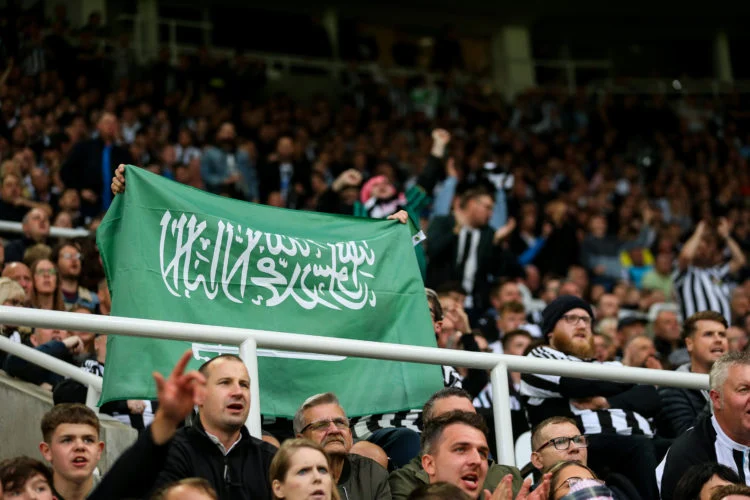
The league initially refused to approve the Newcastle takeover due to complaints from Qatar-based broadcaster beIN SPORTS, which accused Saudi Arabia of enabling piracy of its media rights.
Despite this contentious beginning, the deal eventually went through.
Since then, Newcastle’s owners have clashed with the league over commercial rules, even providing evidence to support Manchester City during recent APT-related legal proceedings.
These tensions highlight PIF’s pragmatic approach to football as a business investment rather than purely an exercise in public relations.
This pragmatic stance raises the possibility of PIF selling Newcastle United in the future, should they achieve sufficient returns.
The financial growth of Premier League clubs and the substantial upgrades PIF has made to Newcastle’s infrastructure and squad have already boosted the club’s valuation significantly.
PIF’s 85% stake, acquired for £305 million in 2021, was valued at £1 billion when Amanda Staveley sold her 6% stake last year.
Whether a market exists for the club at that price is uncertain, but the potential for profit is undeniable.
Still, PIF maintains that they are committed to the long haul. Their willingness to spend up to the maximum allowed under PSR each season suggests no immediate plans to sell.
For now, Newcastle United remains a centerpiece of PIF’s multifaceted strategy—a unique fusion of cultural influence, business acumen, and geopolitical maneuvering.
The ultimate outcome of this endeavor, however, remains to be seen.
As PIF continues to navigate challenges and opportunities within the Premier League ecosystem, Newcastle’s trajectory could serve as a bellwether for the broader role of sovereign wealth funds in global football.
Whether their investment yields a legacy of success or becomes a temporary chapter in the club’s storied history, PIF’s involvement has undoubtedly transformed Newcastle into a symbol of modern football’s intricate blend of sport, politics, and commerce.

